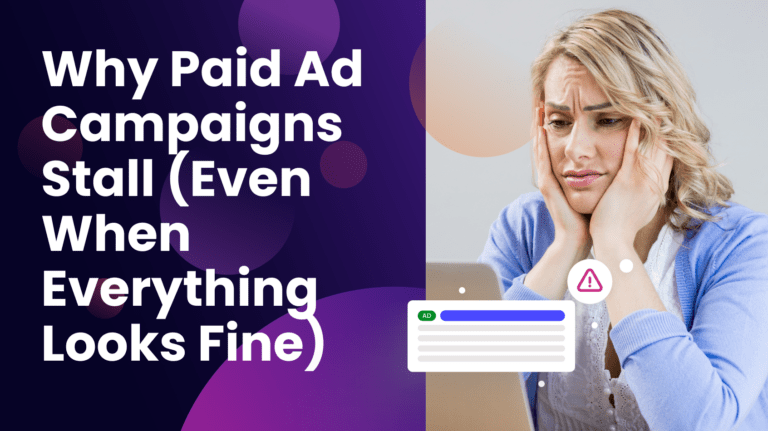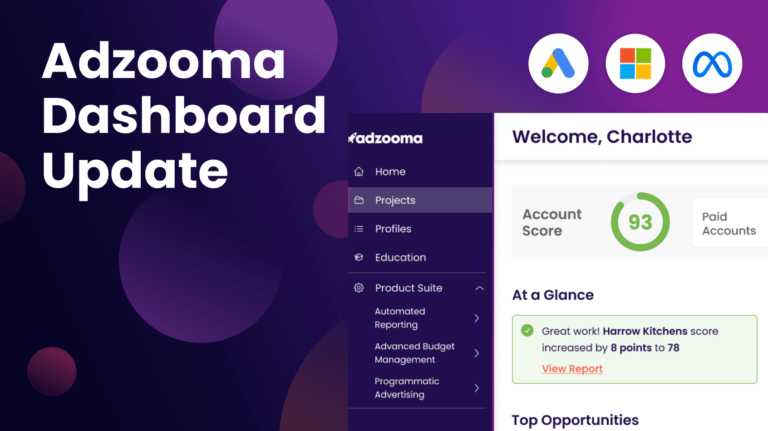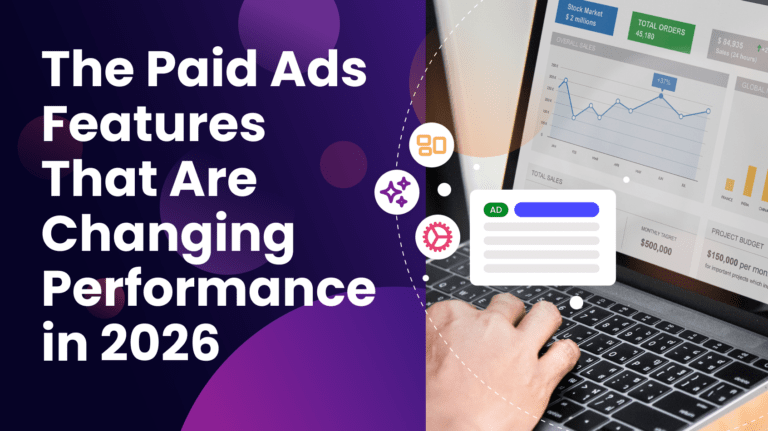Some customers want nothing more than a product that works. But for many more, they want a personalised brand experience and they can get that through customer relationship management, or CRM.
What is CRM?
CRM in online advertising uses the collected customer data to shape the relationships and interactions between a brand and its customers. By combining different marketing strategies and practices, a brand can manage this data with a CRM platform create highly personalized, ultra-targeted experiences for its users.
What are the benefits of CRM?
The old saying goes that “the customer is always right” and while that isn’t an iron-clad strategy, the phrase highlights a customer’s influence on any business’ source of income; you can’t make money without customers. That’s why it’s important to cater to their needs and preferences and build long-lasting bonds.
Happy customers aren’t only loyal customers. They can spread positive messages, recommendations, and good reviews, resulting in a larger customer base and consequently securing more sales and profit.
There are so many reasons that a business will engage with CRM when it comes to online advertising. CRM really offers invaluable insights and can offer you a whole lot of customer information that will then be at your disposal when it comes to crafting high-quality and high-performing PPC campaigns.
Some of the main perks of using CRM in your online marketing include:
- Helping you to leverage the contacts in your CRM database
- Drive shoppers to your site through social media posts
- Encourage repeat purchases through retention-focused campaigns
- Improve customer retention through retention-focused campaigns
- Help with customer acquisition
- Maximise the success of remarketing efforts
- Boost the performance of PPC
CRM really does help your company and brand to reach your full base’s potential, rather than just the simple to catch customers who are naturally more easily drawn in.
| What CRM can do | What CRM can’t do |
|---|---|
| Improve internal processes | Replace human interactions |
| Help to retain customers | Guarantee a profit |
| Personalise shopping experiences | Save a failing campaign |

How to get started with CRM
Of course, CRM can be applied to many areas of your business. But for now, let’s focus on how CRM can drive your digital marketing campaigns.
To manage CRM data, you need CRM software. A high-quality CRM system can help your business to build your customer base while maintaining a personalised relationship with the customers that you do obtain. Of course, you need to spend some time considering your business’ needs and preferences before investing in a platform. This will help you to choose the right one the first time around and to benefit from your investment as much as possible. You can then take a look at the different options on the market and select the one that ticks as many of your boxes as possible.
Not all CRM software is the same but they follow the same principles:
- Import contacts
- Clean up data
- Assign data
- Outline next steps
- Set up sales pipelines
- Create segments and filters
- Set tasks
- Create tickets
Examples of CRM data
CRM systems gather customer data from multiple channels where a customer has interacted with a brand, including:
- The brand’s website
- Telephone
- Live chat
- Social media
- Direct mail
In terms of the data collected for CRM, these can also include:
- Geolocation
- Purchase history
- Feedback – positive or negative
- Marital status
- Contact details
- Average review scores
- Spending habits
A good CRM system will integrate the information from all of these areas, showing you what deals are on the table, what stage they’ve reached, who you should be reaching out to and when you should reach out to them for optimal results.
Next, it’s important to fully understand your chosen CRM system. So many businesses make the mistake of investing in CRM and assuming the results will instantly roll in. This isn’t true. As with any other form of software, it has to be used wisely and effectively to have any positive impact or benefit for your business. So, fully understand your CRM systems and train relevant staff members to use it effectively and precisely too.
The secret weapon: CRM automation
Automation saves time and resources. For large amounts of CRM data, it comes in handy for boring tasks, allowing teams to track and manage their customers with ease.
Besides automating sales processes, CRM automation also empowers sales departments to focus more on difficult decisions – the kind of decisions that need human interactions. There’s also an opportunity for teams to collaborate for example sales and devs or sales and marketing.
What is the cost of CRM?
It’s relatively difficult to outline one set cost for CRM – even when focusing on one company and the CRM packages they’re providing. Ideally, companies offering CRM software would give you a set price list, detailing their prices with a per-user breakdown. But often, this isn’t the case. Costs can be hidden and obscured, so it’s important to really look into costs before getting started.
It’s also important to understand that costs differ depending on the status and reputation of your chosen CRM provider, your region, and add ons that you may need. Put simply, you need to request upfront costs before getting tied in.
Here are some examples of CRM software costs (data correct as of 2021):
- Zoho: £10 per user per month for a Standard subscription billed annually. Try it free for 14 days.
- Monday.com: Starting from £7 per user per month on a Basic package for a minimum of 3 users. Try it free for 14 days.
- Pipedrive: Starting from £12.50 per user per month on a Essential package billed annually. Try it free for 14 days.
- Less Annoying CRM: Starting from £15 per user per month. Try it free for 30 days.
- Keap: Starting from $11 per month if you sign up for 5 months on a Lite package. Try it free for 14 days.
Summary
CRM has always been important in marketing. It can help your business provide the best customer service, improve customer engagement, and build customer loyalty to your brand. It’s also essential for growth. Without it, you may find it difficult to build genuine bonds with your userbase so if you haven’t already, consider investing in your customer relationship processes.




